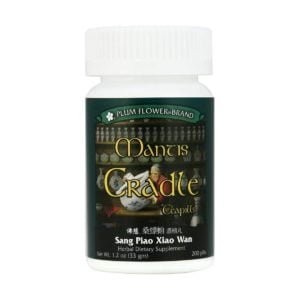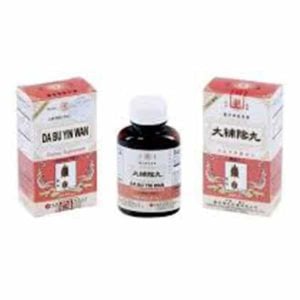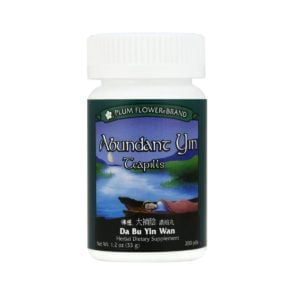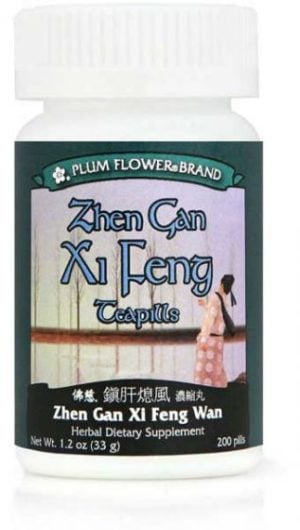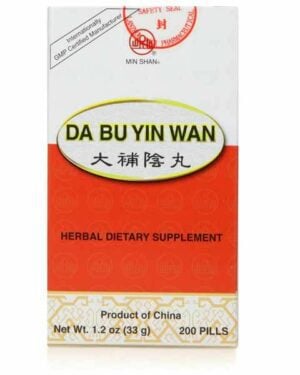Your cart is currently empty!
Gui Ban
English Name: tortoise shell
Pharmaceutical Name: Plastrum Testudinis
Medica Category: Yin-Tonifying Herbs
Properties: Gui Ban enters the Liver, Kidney, and Heart channels; it is salty and sweet in nature and cold in temperature.
What is Gui Ban?:
The Chinese Herb Gui Ban is the plastron of the Chinese pond turtle (aka Reeve’s turtle– (Chinemys reevesii (Gray)), the plastron being the part of the shell on the underside of the turtle that protects the inner organs.
Traditional Chinese Medicine (TCM) Therapeutic Actions of Gui Ban:
Gui Ban nourishes Liver yin and anchors yang. It has been used in TCM for centuries (originally as a yin tonic) and is still used in modern times when deficiency of Liver yin leads to heat building up in the Liver. This excess heat in the Liver tends to rise, giving way to the clinical presentation of Liver yang rising. This pattern is characterized by red face, short temper, irritability, red/dry/painful eyes, dizziness, and vertigo. Gui Ban is moistening, cold, and sinking in nature and thus nourishes the yin deficiency (the root) while anchoring the rising Liver yang (the branch). It also addresses Liver wind (rooted yin in deficiency) that manifest as convulsions and tremors.
Gui Ban nourishes Liver yin and clears deficiency heat to address such clinical presentations as tidal fever, night sweats, 5-center heat, and steaming bones.
Gui Ban enters the Kidney channel to tonify Kidney yin and supplement essence (jing) deficiencies that manifest as “weak bones”. Clinical presentations indicating the use of Gui Ban in this action include: soreness of the lower back and knees, retarded skeletal development in children, and failure of the fontanelle to close. It can also be used more generally to strengthen bones and tendons (without the specific connotation of developmental problems) as well as to address other symptoms that point to Kidney deficiency.
Gui Ban travels to the Heart channel where it nourishes blood and yin and can help to calm the shen (spirit) when there is insomnia, palpitations, restlessness, and irritability.
Gui Ban stops bleeding when the heat caused by the deficiency of yin is pushing the blood out of the ren (conception) and chong (thoroughfare) vessels (resulting in hypermenorrhea and excessive/profuse/untimely uterine bleeding).
–safety/clinical notes:
Contraindicated during pregnancy.
Contraindicated for persons with diarrhea, deficiency-related cold, or damp-cold patterns.
Products Containing Tag: Gui Ban – Tortoise Plastron – Plastrum Testudinis
-
Zuo Gui Tang (Left Side Replenishing) – Liquid Extract (Tincture)
Add to CartStarting at $14.00
-
Plum Flower – Mantis Cradle Teapills (Sang Piao Jiao Wan)
Add to Cart$28.53
$32.60



